Humans
Sign up for our newsletter
We summarize the week's scientific breakthroughs every Thursday.
-
 Health & Medicine
Health & MedicineHere’s what you need to know about the COVID-19 vaccines
There are still important unknowns about how Pfizer’s vaccine and others will work once they get injected in people around the world.
By Tina Hesman Saey and Jonathan Lambert -
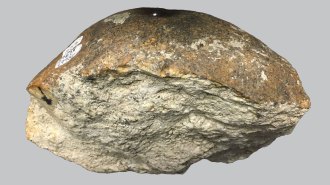 Archaeology
ArchaeologyTwo stones fuel debate over when America’s first settlers arrived
Stones possibly used to break mastodon bones 130,000 years ago in what is now California get fresh scrutiny.
By Bruce Bower -
 Humans
HumansAncient humans may have deliberately voyaged to Japan’s Ryukyu Islands
Satellite-tracked buoys suggest that long ago, a remote Japanese archipelago was reached by explorers on purpose, not accidentally.
-
 Health & Medicine
Health & MedicineThe ‘last mile’ for COVID-19 vaccines could be the biggest challenge yet
The need for cold storage and booster shots could create problems for distributing coronavirus vaccines to nearly everyone in the world.
-
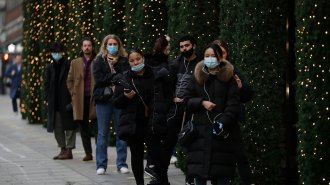 Health & Medicine
Health & MedicineThe U.K. is the first country to authorize a fully tested COVID-19 vaccine
Pfizer will deliver the first of 40 million doses of its coronavirus vaccine promised to the United Kingdom in the coming days.
-
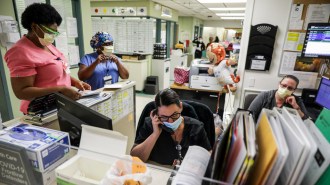 Health & Medicine
Health & MedicineHealth care workers and long-term care residents should get COVID-19 vaccines first
With an initial 40 million doses of the vaccines, enough for 20 million people, anticipated by year-end, health officials are setting priorities.
-
 Health & Medicine
Health & MedicineLong-lasting shots work better than daily pills to prevent HIV in at-risk women
A more discreet HIV prevention method — a shot once every eight weeks —could help to boost use in women at risk.
-
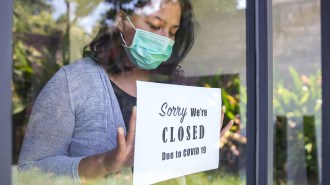 Health & Medicine
Health & MedicineCoronavirus shutdowns don’t need to be all or nothing
Governments are implementing more targeted restrictions like limiting restaurant capacity to slow a fall surge. Research suggests they could work.
-
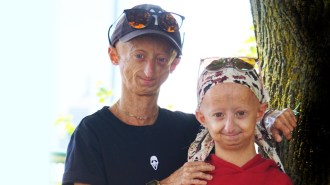 Health & Medicine
Health & MedicineThe FDA has approved the first drug to treat the rapid-aging disease progeria
Children with a rare genetic disorder called progeria age quickly and often die before they are 15. A newly approved drug may give them more time.
-
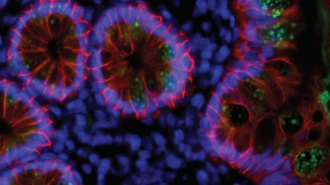 Health & Medicine
Health & MedicineImmunity to COVID-19 may persist six months or more
Even after recovery, the body continues to improve its antibody response to the coronavirus — perhaps thanks to viral bits hiding in the intestine.
-
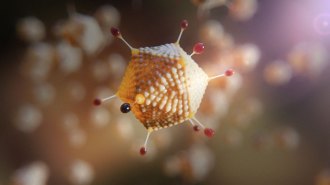 Health & Medicine
Health & MedicineOxford and AstraZeneca say their COVID-19 vaccine works too
A third major vaccine, which may be easier to distribute than others, appears to prevent disease and maybe transmission of the coronavirus.
-
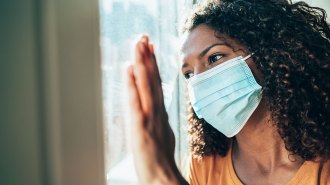 Neuroscience
NeuroscienceLonely brains crave people like hungry brains crave food
After hours of isolation, dopamine-producing cells in the brain fire up in response to pictures of humans, showing our social side runs deep.